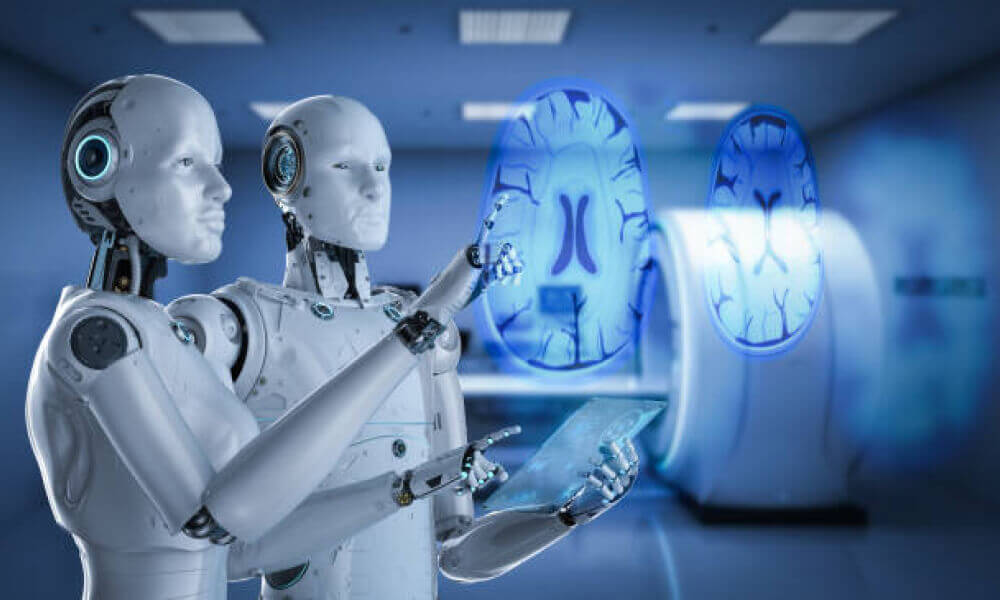
AI Unlocks Advanced Diagnostic Capabilities for Medical ImagingAI Unlocks Advanced Diagnostic Capabilities for Medical Imaging Artificial intelligence (AI) is transforming the field of medical imaging, unlocking advanced diagnostic capabilities that enhance accuracy, efficiency, and patient outcomes. Automated Image Analysis: AI algorithms can automatically analyze large volumes of medical images, identifying patterns and subtle anomalies that may be difficult for human eyes to detect. This automation streamlines the diagnostic process, saving time and reducing errors. Early Disease Detection: AI algorithms can detect early signs of disease with high precision, even before symptoms appear. By enabling early intervention, AI helps prevent disease progression and improves patient prognosis. For example, AI has been used to detect diabetic retinopathy in eye scans, allowing for timely treatment to prevent blindness. Personalized Treatment Planning: AI can analyze patient-specific medical images to tailor treatment plans. By considering individual anatomical variations, AI helps clinicians determine the most effective treatment for each patient, reducing the risk of complications and improving outcomes. Precision Surgery: AI-powered image guidance systems provide real-time visualization during surgeries. These systems overlay patient anatomy with surgical plans, enabling surgeons to navigate complex procedures with greater precision and safety. Quantifiable Biomarkers: AI can extract quantifiable biomarkers from medical images, providing objective measures of disease severity and response to treatment. This data can be used for patient monitoring, personalized treatment selection, and clinical research. Integration into Clinical Workflow: AI-powered diagnostic tools are seamlessly integrated into clinical workflows, empowering healthcare professionals to make informed decisions quickly and efficiently. This integration reduces the need for multiple consultations and enables timely patient care. Challenges and Future Prospects: While AI has made significant strides in medical imaging, there are still challenges to overcome, including data privacy, algorithm interpretability, and regulatory approval. However, ongoing research and development promise to further enhance these capabilities, leading to improved patient care and better health outcomes. Conclusion: The integration of AI into medical imaging is revolutionizing diagnosis and treatment. By unlocking advanced diagnostic capabilities, AI empowers healthcare professionals to make accurate, personalized, and timely decisions, ultimately improving patient outcomes and advancing the field of medicine.
Posted inNews